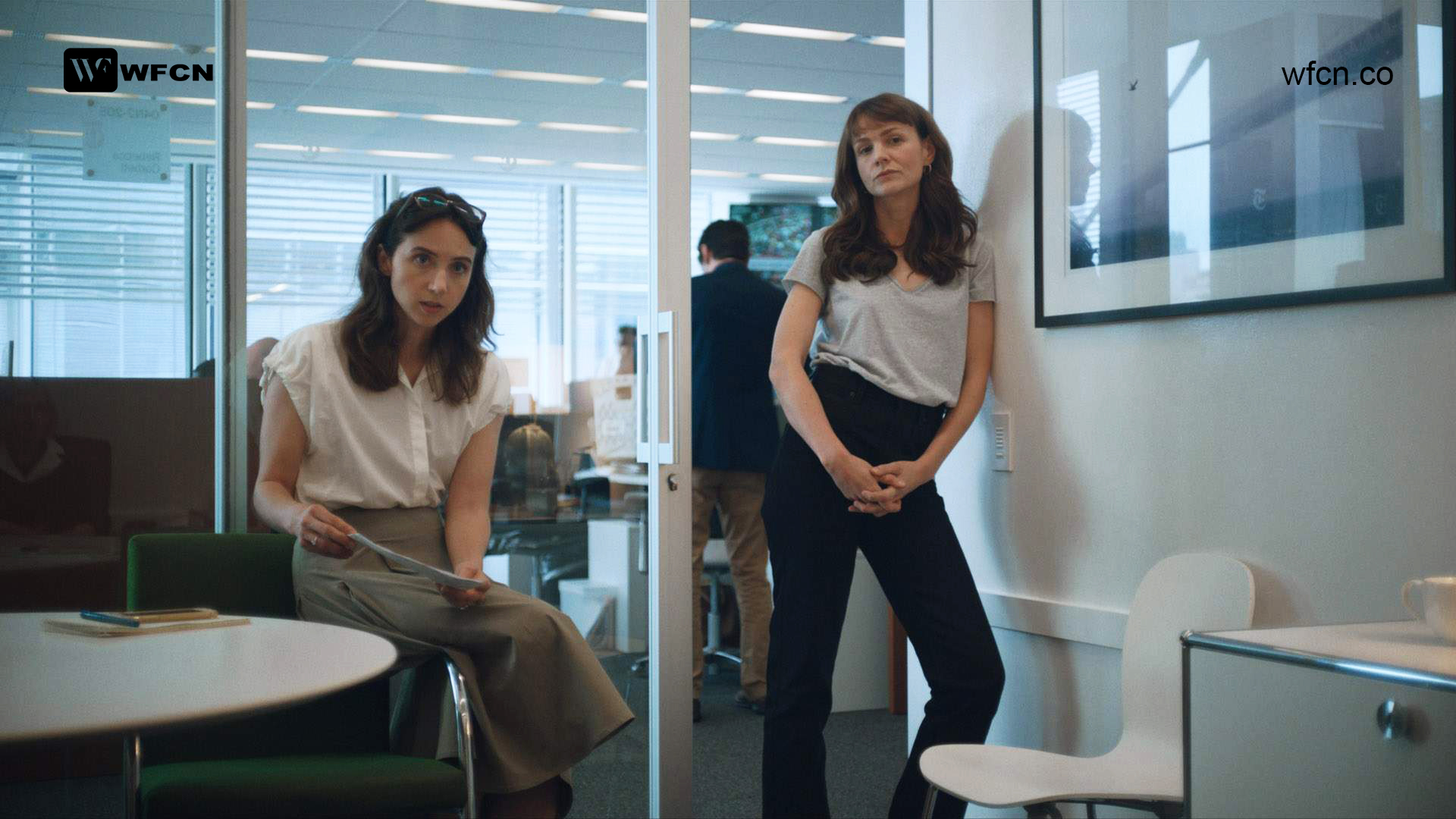Women’s Films from Australia
Women has played a significant role in shaping the landscape of Australian cinema, both in front of and behind the camera. One prominent figure in Australian women's cinema is Jane Campion born in New Zealand but often associated with Australian cinema, Campion gained international acclaim for her film The Piano (1993), which won the Palme d'Or at the Cannes Film Festival. Her evocative storytelling and distinctive visual style have paved the way for many aspiring female filmmakers.
Rachel Perkins is another influential name in Australian women's cinema. An Indigenous Australian filmmaker, Perkins has brought stories from her cultural heritage to the forefront. Her film Radiance (1998), based on the play by Louis Nowra, explores the complex relationships between three Indigenous sisters. Perkins' work not only showcases her directorial prowess but also contributes to a more inclusive representation in Australian cinema.
Sue Brooks is a director known for her exploration of human relationships and emotions. Her film JapaneseStory (2003), starring Toni Collette, delves into an unexpected connection between an Australian geologist and a Japanese businessman. Brooks' ability to capture the nuances of interpersonal dynamics adds a distinctive flavor to the Australian cinematic landscape.
In recent years, Jennifer Kent has garnered attention for her work, particularly with the psychological horror film The Babadook (2014). Kent's film was not only a critical success but also marked her as a filmmaker with a unique voice in a genre often dominated by male directors.





